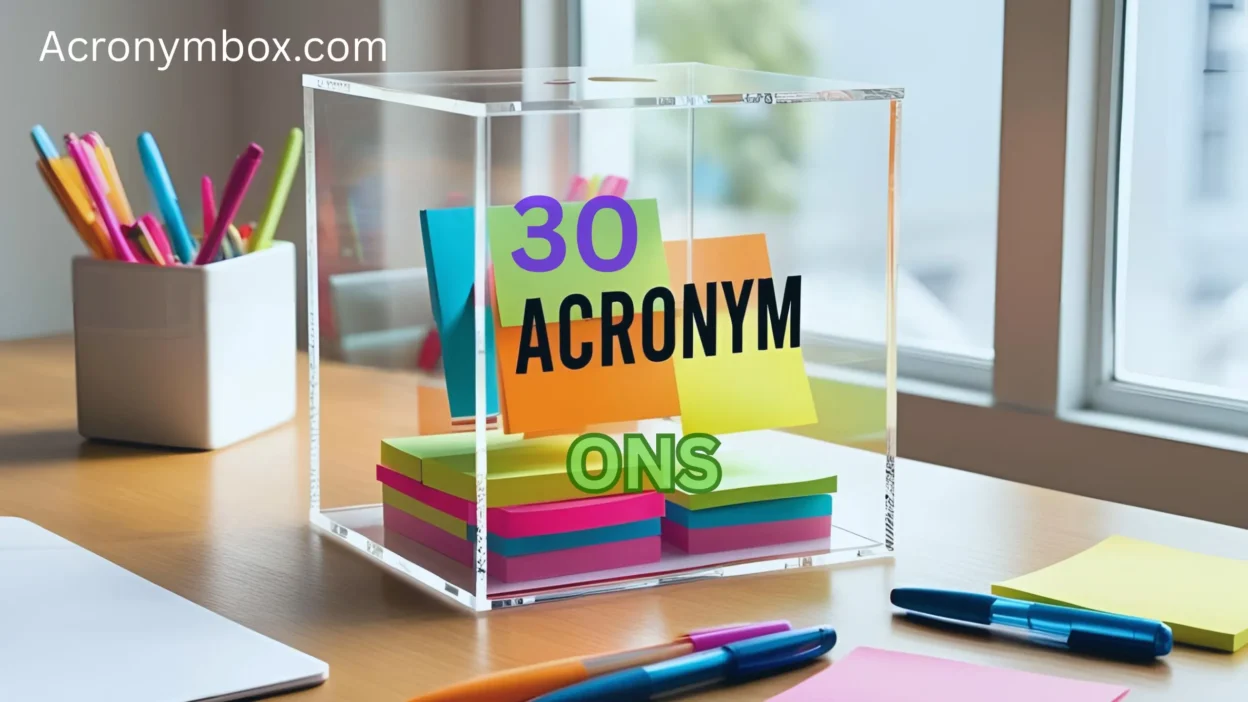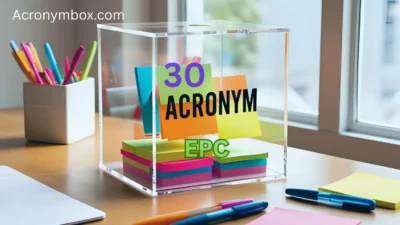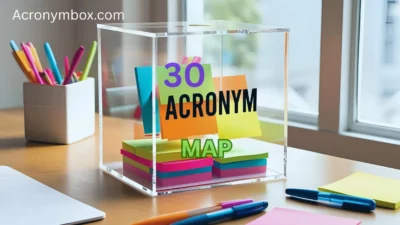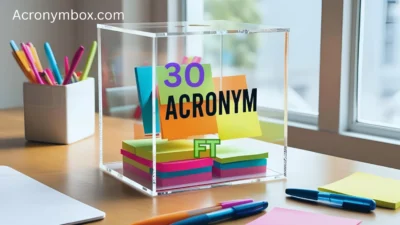You’ve probably come across the acronym ONS before—but what does it actually mean in different contexts? While it typically stands for “One Night Stand”, the meaning and tone of the phrase can vary wildly depending on how and where it’s used.
Whether you’re texting a friend, writing a blog, or crafting a message in a dating app, “ONS” can feel blunt, emotionally detached, or even too clinical. That’s why knowing alternative ways to express the same idea—with more sensitivity, humor, or emotional intelligence—is incredibly helpful.
In this guide, we’ll explore 30 creative alternatives to “ONS,” including casual, cheeky, respectful, and subtle options.
You’ll learn how to choose the right term for different emotional tones and cultural contexts, plus real-world examples to help you use them effectively.
📌 What Does “ONS” Mean?
ONS (One Night Stand) typically refers to a brief, one-time sexual encounter between people who do not intend to form a longer-term relationship. The phrase is often used casually or euphemistically, but it can also feel emotionally distant or even objectifying depending on the tone.
Traits associated with ONS:
- Casual
- Emotionally detached
- Direct (sometimes too direct)
- Often informal or slangy
- Culturally nuanced (some find it empowering, others uncomfortable)
So—how can we express the idea of a short-lived romantic or sexual encounter in different ways?
💬 30 Alternatives to “ONS” + When to Use Them
1. Hookup
- Use when: You’re being casual and modern.
- Example: It was just a hookup—nothing serious.
2. Fling
- Use when: You want to be lighthearted or a bit romantic.
- Example: We had a little fling last summer.
3. Casual encounter
- Use when: You want a neutral or slightly formal term.
- Example: It was a casual encounter, nothing more.
4. One-time thing
- Use when: You’re downplaying the emotional weight.
- Example: It was a one-time thing—we both knew that.
5. Night of passion
- Use when: You want a poetic or dramatic tone.
- Example: It was just a night of passion and nothing more.
6. No-strings attached
- Use when: Emphasizing lack of commitment.
- Example: We agreed it was no-strings attached.
7. Brief romance
- Use when: You’re leaning into a softer, romantic tone.
- Example: It was just a brief romance, over in a heartbeat.
8. Momentary connection
- Use when: You want a thoughtful, emotional perspective.
- Example: It was a momentary connection we both needed.
9. Late-night meet-up
- Use when: You want to be cheeky or playful.
- Example: It turned into a late-night meet-up, unexpectedly.
10. Quick affair
- Use when: You’re describing it with some detachment.
- Example: They had a quick affair during the conference.
11. Just a night
- Use when: You’re being vague and casual.
- Example: It was just a night—nothing more to it.
12. Short-term thing
- Use when: You’re not getting into emotional details.
- Example: We had a short-term thing, no drama involved.
13. Intimate moment
- Use when: You want to highlight emotional or physical closeness.
- Example: We shared an intimate moment, then moved on.
14. Spontaneous night
- Use when: You’re focusing on the impulsive nature.
- Example: It was a spontaneous night—we didn’t plan it.
15. Temporary spark
- Use when: You want to sound poetic or romantic.
- Example: There was a temporary spark—then it fizzled.
16. In-the-moment connection
- Use when: You’re focusing on mutual understanding.
- Example: It was an in-the-moment connection, nothing more.
17. Casual night together
- Use when: You’re being clear but respectful.
- Example: We spent a casual night together.
18. Quick connection
- Use when: You want to downplay intensity.
- Example: It was just a quick connection after the party.
19. One-night romance
- Use when: You’re adding a touch of emotion.
- Example: A one-night romance, sweet and done.
20. Bedroom encounter
- Use when: Being discreet but suggestive.
- Example: It was a bedroom encounter, and that’s it.
21. Passionate night
- Use when: You want to highlight the physical aspect.
- Example: We had a passionate night, no regrets.
22. Private moment
- Use when: You want to be respectful or discreet.
- Example: It was a private moment between consenting adults.
23. Unplanned night together
- Use when: Highlighting spontaneity.
- Example: An unplanned night together that ended as fast as it started.
24. Fleeting connection
- Use when: Emphasizing impermanence.
- Example: It was a fleeting connection, but meaningful in its own way.
25. Adult sleepover
- Use when: You’re being playful or ironic.
- Example: It was an adult sleepover—fun and done.
26. Single-night stand
- Use when: Being literal but less jargony.
- Example: It was a single-night stand and we moved on.
27. Night-time escapade
- Use when: You want a slightly adventurous tone.
- Example: A little night-time escapade we don’t talk about.
28. Quick spark
- Use when: Describing chemistry without depth.
- Example: There was a quick spark, but that was it.
29. Evening fling
- Use when: Romantic, playful tone.
- Example: An evening fling under city lights.
30. Temporary chemistry
- Use when: Highlighting mutual attraction without long-term interest.
- Example: It was temporary chemistry—fun, but fleeting.
🧭 Choosing the Right Alternative: Tone & Context
| Tone/Context | Best Alternatives |
| Playful/Cheeky | “Adult sleepover,” “Late-night meet-up,” “Quick spark” |
| Romantic/Soft | “One-night romance,” “Brief romance,” “Temporary spark” |
| Respectful/Discreet | “Private moment,” “Bedroom encounter,” “Momentary connection” |
| Direct/Casual | “Hookup,” “Fling,” “Casual night together” |
| Emotional/Sensitive | “Fleeting connection,” “Temporary chemistry,” “Spontaneous night” |
🌍 Cultural & Emotional Nuances
- In Western cultures, terms like “hookup” and “ONS” are widely understood, but not always seen as respectful or kind.
- In more conservative or emotionally sensitive settings, opt for respectful terms like “private moment” or “brief romance.”
- On dating apps or in casual conversation, playful phrases like “adult sleepover” or “late-night meet-up” might come off as funny and less intimidating.
Understanding your audience and context is key—what sounds flirty in one situation could be offensive in another.
🎯 Final Thoughts
The term “ONS” might be quick and familiar, but it’s not always the best fit. Whether you’re trying to be respectful, humorous, romantic, or just clear—you have plenty of alternatives.
Choosing the right word helps set the emotional tone and ensures your message lands the way you intend. With these 30 options, you’re now equipped to communicate with nuance and confidence—without losing your voice.




